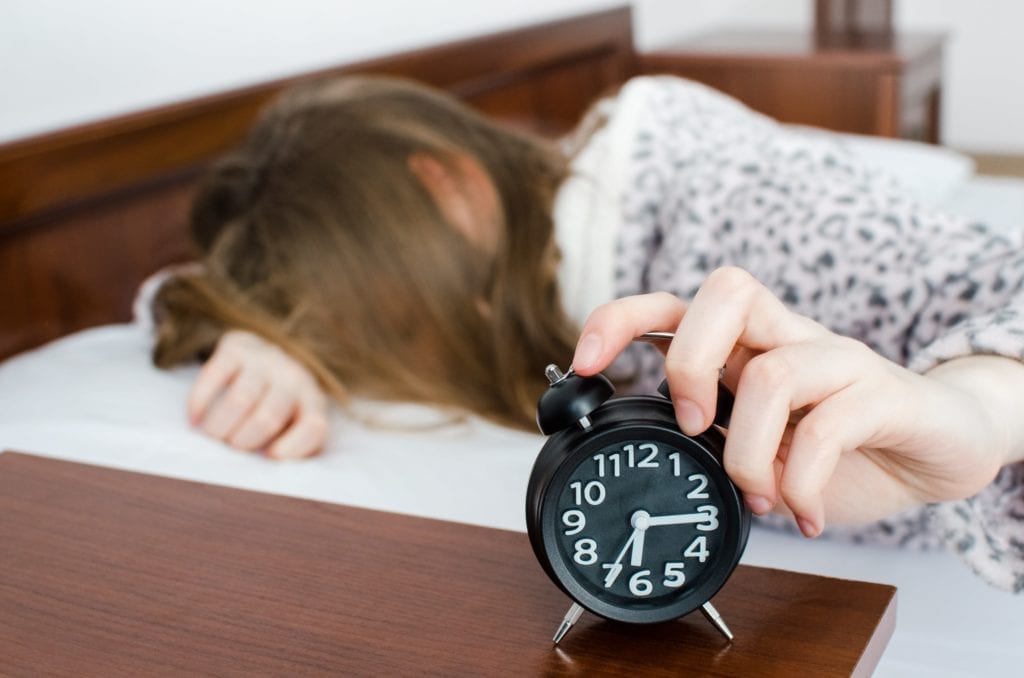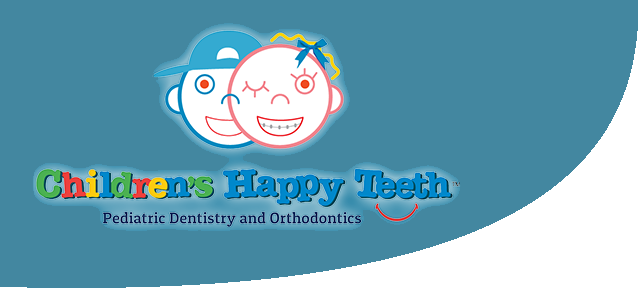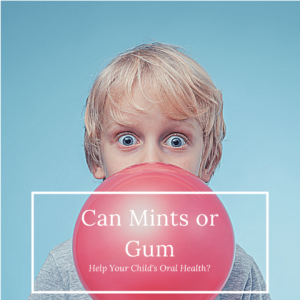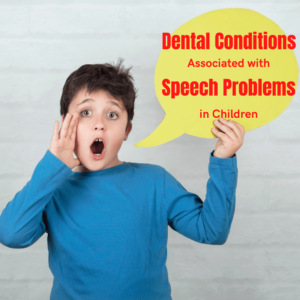As your child gets older, they will likely start pushing for later bedtimes, especially as they enter adolescence. In fact, you may also find that your child has an evening circadian rhythm. This basically means that your child feels more alert in the evening and tired in the morning. Adolescents with an evening circadian rhythm are more likely to want to stay up later, but did you know that this can negatively affect their oral health?

While you may think that sleep patterns and oral health are not related, a recent study proves to differ. Published August 2016 in the International Journal of Oral Health, the study entitled “Do Adolescents Who Are Night Owls Have a Higher Risk of Dental Caries?: A Case Control Study” looks deeper into the relationship between circadian rhythm and the risk of developing dental cavities.
The study monitored 196 adolescents between the ages of 15 and 16 years of age. These adolescents were divided into two groups based on their risk of developing cavities. They were then asked to complete a questionnaire about their circadian rhythm, as well as their dietary and oral care habits. In terms of circadian rhythms, there were three choices: morning types who are alert in the morning and tired at night, evening types who are alert in the evening and tired in the morning, and neutral types who were not particularly alert or tired at any given time during the day. The majority of adolescents reported that they were neutral (50%), while 37% said they were evening types. Only 13% of adolescents reported being morning types.

After evaluating the questionnaires, researchers found a correlation between an individual’s circadian rhythm, how often they brushed their teeth, and their breakfast-eating habits. All these factors were then connected to an individual’s risk of developing cavities. Research found that evening types were less likely to brush their teeth twice a day. Evening types would also regularly skip breakfast, causing them to snack throughout the day. The combination of not brushing twice a day and frequently eating snack foods equates to a higher risk of tooth decay. Conversely, morning and neutral types were found to brush twice a day and eat breakfast daily, which reduced their desire to snack. As a result, morning and neutral types generally had better oral health and were at a lower risk of developing dental cavities.
As any dentist will tell you, the best way to reduce the risk of cavities is through regular dental hygiene and by reducing your sugar intake. However, if your child is regularly staying up late, they are more likely to skip brushings and breakfast. As a parent, it is important to be aware that their sleeping habits and circadian rhythm can be detrimental to their oral health. To make sure your child’s teeth stay healthy, try talking to them about the importance of brushing twice a day and flossing once a day. Additionally, you should encourage your child to eat breakfast or to pack healthier snacks that contain little to no sugar.
While you ultimately cannot change your child’s circadian rhythm, you can realize that this puts them at an increased risk of dental decay and take the necessary precautions to decrease this risk. Even if your child seems reluctant to make these changes at first, they will thank you later down the road when they are still able to smile without the need for a root canal.






